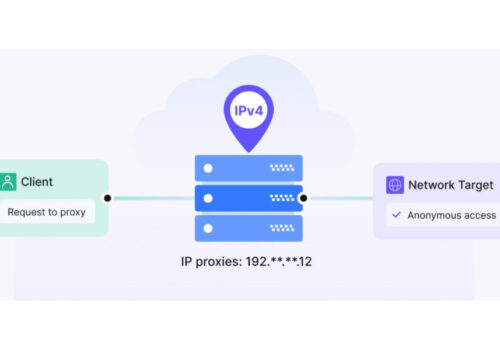Most Employee Monitoring Tools Are Needlessly Invasive, Study Finds
Employee monitoring tools have become increasingly popular among employers seeking to track productivity, ensure compliance, and maintain security. However, a recent study reveals that many of these tools are not only ineffective but also invade employees’ privacy in ways that can negatively impact morale and trust.
Employee monitoring apps like Controlio can monitor remote workers. Proponents argue these tools help businesses maintain productivity, protect sensitive information, and reduce instances of misconduct. In an age where remote work is becoming the norm, employers are turning to digital surveillance as a way to bridge the gap between in-person supervision and virtual workspaces.
The Study: Invasive vs. Effective Monitoring
A recent study, conducted by a leading research institute, investigated the effectiveness and ethics of employee monitoring systems. The results were eye-opening. Researchers found that many monitoring tools go beyond what’s necessary for security or productivity management. In fact, over 60% of the tools studied tracked activities unrelated to work tasks, including personal communications and private online behaviors.
These tools, often touted as productivity boosters, have been shown to have the opposite effect. According to the study, employees subjected to constant surveillance reported feeling anxious, distrustful of their employers, and less motivated. When employees feel like they are being watched all the time, it can create a “big brother” atmosphere that diminishes job satisfaction and fosters a toxic workplace culture.

The Impact on Employee Well-Being
The emotional and psychological toll of excessive monitoring cannot be overstated. The study found that employees who were constantly aware of being monitored experienced higher levels of stress and burnout. Besides, it can create a form of discrimination. This is because constant surveillance undermines feelings of autonomy, which are vital for job satisfaction and mental well-being. In contrast, employees who felt trusted by their employers were more likely to feel engaged in their work, report higher job satisfaction, and demonstrate better performance.
Striking a Balance: Effective Monitoring without Invasion
While some level of monitoring is necessary in certain industries, the study suggests that employers should carefully consider the tools they use and the amount of oversight they implement. Instead of opting for invasive surveillance methods, businesses should focus on monitoring that directly relates to productivity, such as task completion rates, quality of work, and meeting deadlines.
Employers should also be transparent with their employees about what is being monitored and why. A clear and open dialogue about expectations can go a long way in alleviating concerns and fostering trust. By providing employees with the autonomy to manage their tasks while offering support when needed, employers can create a healthier and more productive workplace environment.
The study serves as a reminder that employee monitoring tools must be used responsibly. Invasive monitoring methods not only violate privacy but also damage trust, lower morale, and increase stress levels. Employers need to rethink their approach and adopt monitoring systems that are both effective and respectful of their employees’ autonomy. By striking the right balance, businesses can maintain security and productivity without crossing ethical boundaries.





